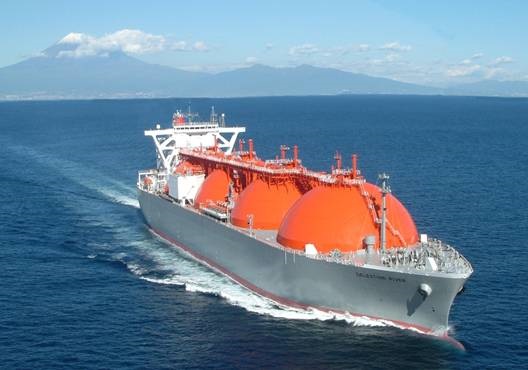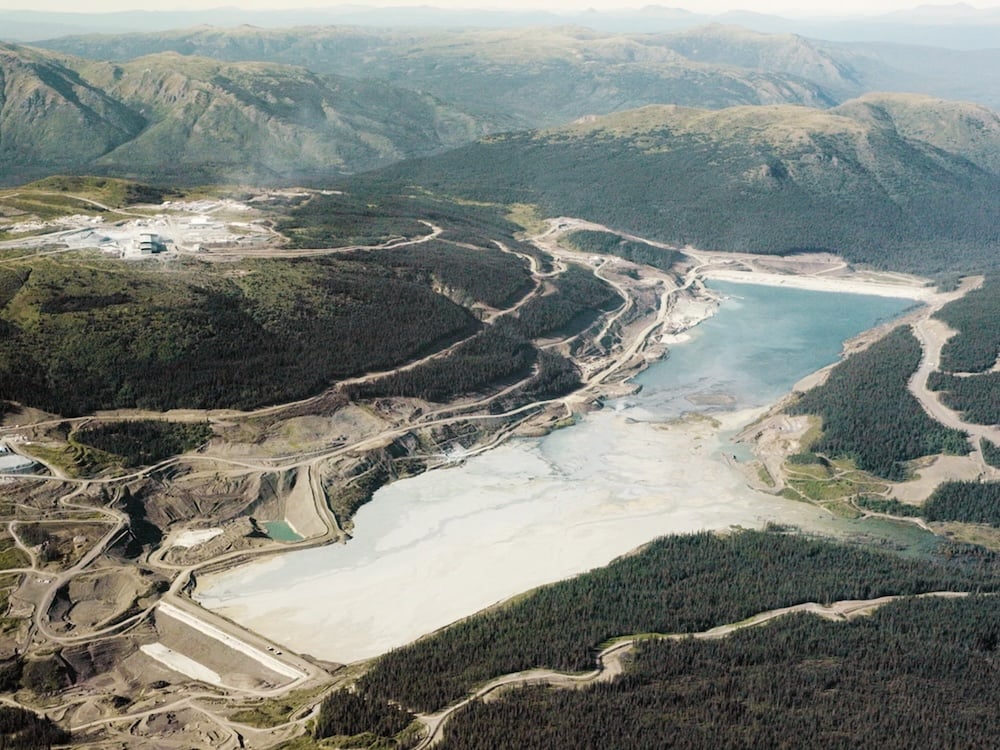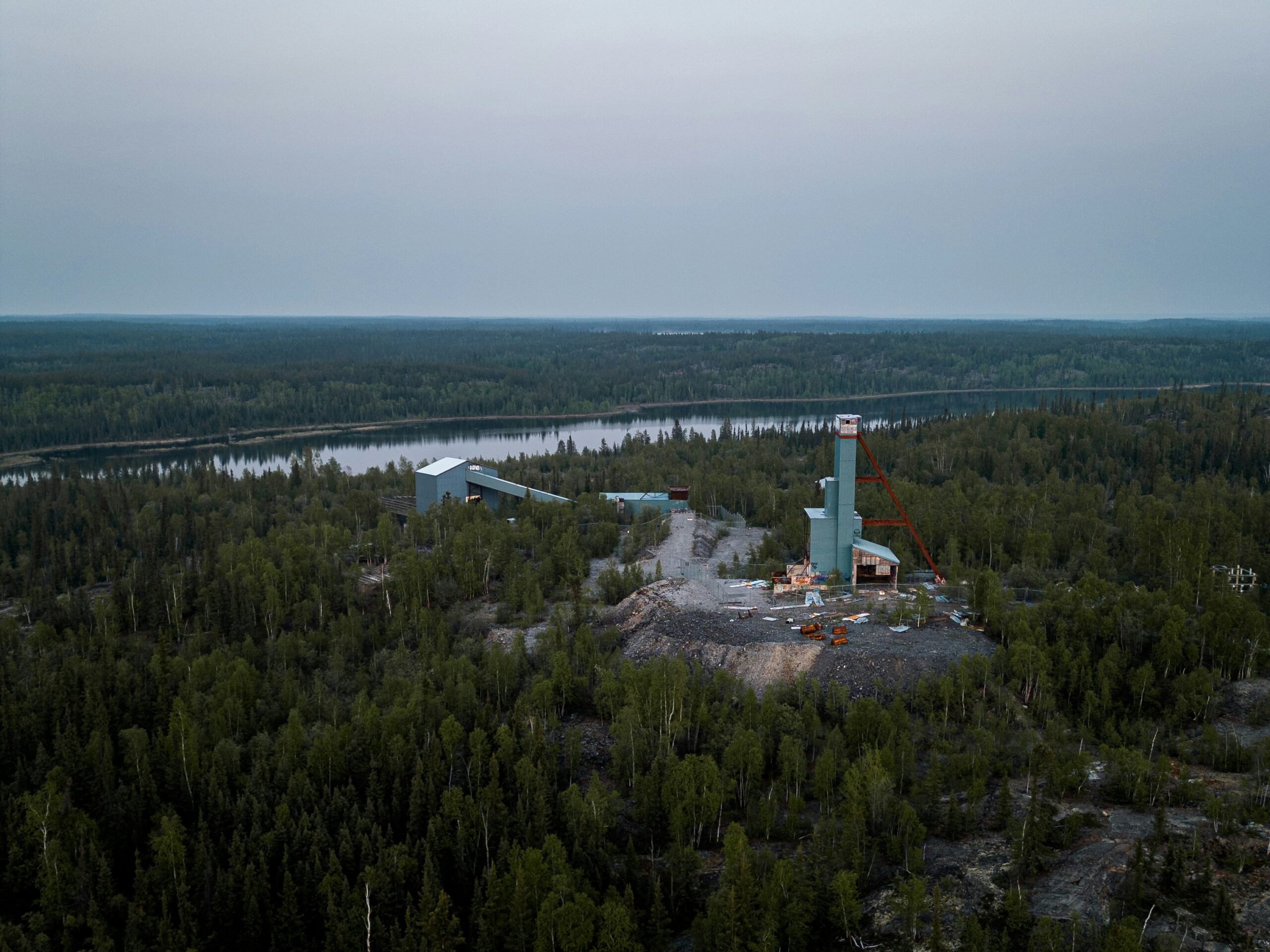This should be good... keep the popcorn handy
 "What looks to be shaping up is a replay of the Trans Mountain pipeline argument, which consumed years and millions of dollars and which B.C. lost, mostly on the grounds that pipelines are a national responsibility."
"What looks to be shaping up is a replay of the Trans Mountain pipeline argument, which consumed years and millions of dollars and which B.C. lost, mostly on the grounds that pipelines are a national responsibility."
Les Leyne: Team Canada fracturing over pipeline
What looks to be shaping up is a replay of the Trans Mountain pipeline argument, which B.C. lost.
Premier David Eby, one-time loyal cheerleader for “Team Canada,” will find out Thursday if he’s been benched.
The wraps will come off that day on whatever Prime Minister Mark Carney and Alberta Premier Danielle Smith have cooked up in the way of a new oil pipeline from Alberta to the north coast.
But Eby’s
frustration about being left out of talks on a memorandum of understanding that only came to light last week is so acute by this point that he couldn’t wait. So he jumped the gun this week and launched an extended denunciation of whatever they are announcing well ahead of it actually being announced.
He
talked directly to Carney on Monday, following news that Alberta and Ottawa have reportedly reached an agreement about the contentious pipeline idea. Carney played him along, saying that an agreement “is not finalized yet.” The prime minister
tried to lower the temperature Tuesday, saying B.C. and First Nations support is essential.
Just the idea that Carney and Smith have been talking about a pipeline was enough to set Eby off.
What looks to be shaping up is a replay of the Trans Mountain pipeline argument, which consumed years and millions of dollars and which B.C. lost, mostly on the grounds that pipelines are a national responsibility.
Eby as attorney general led much of B.C.’s legal challenge to that line and none of them changed the outcome. The project finished last year, the oil is flowing to the Port of Vancouver, the tankers are sailing and billions of dollars are being made.
Recounting the conversation to reporters, Eby said he broadened the scope of B.C.’s opposition to the idea. He has camped for months on the fact there is no proposal at this point, and no proponent — it’s just an idea in Smith’s mind.
So if anything materializes, it would need taxpayer funding, by his thinking. Which prompted a new hypothetical grievance: “I do not believe that Alberta should have access to a $50 billion taxpayer-funded pipeline unless other provinces have access to similar amounts of taxpayer funding.”
It’s a clear illustration that Team Canada is fracturing, because the argument is based on the premise that only Alberta would benefit from the pipeline, not Canada.
In the early days of the U.S. assault on Canadian trade and sovereignty, Eby had a different line. In March, when the mood was “we’re all in this together,” he said: “We’re absolutely going to support other premiers. But we’re going to do it in a coordinated way with other premiers and the federal government.”
Those days are gone, because the “coordination” looks to have vanished.
















